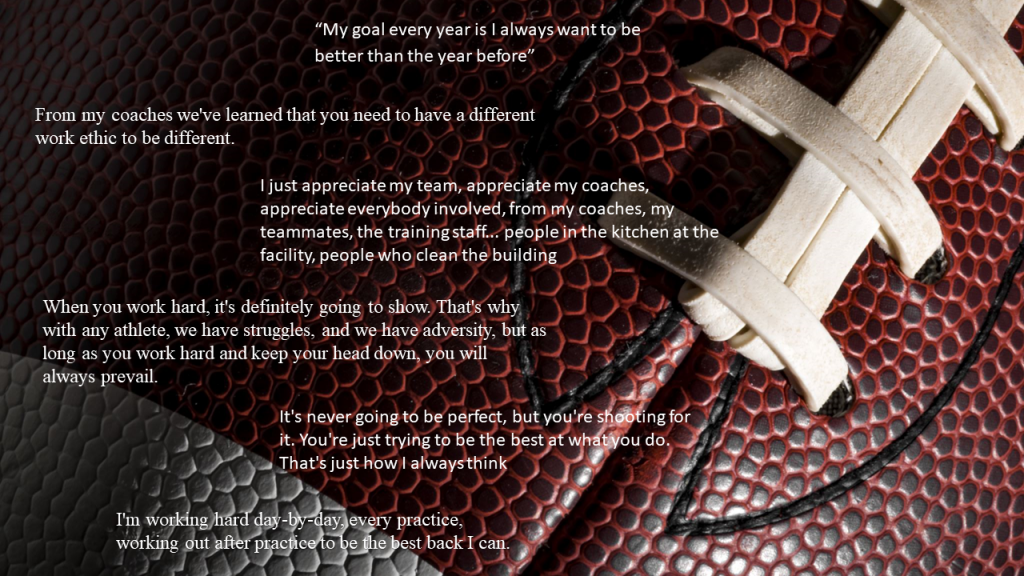
We all know Tiger, and we all admire quite a few things about him and his achievements in the golf course. One of those things, at least for me, is how many times he has renovated his swing with multiple coaches through the years. Most of them to fulfill his desire to improve, while the last one to return to the game after a serious car accident.
“No matter how good you get you can always get better and that’s the exciting part.” – Tiger Woods
Tiger was a wonder kid, a teenage winner and a 15-time major champion. And I always remember some of the interviews about his frustration with the misses and opportunities to improve. Man, he has just won a tournament and thinks he can be better!
I can spend a lot of time talking about golf and Tiger, but I am not really an expert. I do like to talk about learning and how that happens in sports, the arts and every aspect of our lives. So let´s take some time talking about learning with a well-known model.
The 70-20-10 Model for Learning and Development, created in the 80´s by researchers at the Center for Creative Leadership, holds that individuals obtain:
- 70% of their knowledge from job-related experiences
- 20% from interactions with others, and
- 10% from formal educational events.
The 30 year study was based on how executives learn, grow and change over the course of their careers (don{\’t think it included sports athletes or rock stars, but here we go anyway…).
We know that our brain does not retain all the information we learn. In 1885, Hermann Ebbinghaus ran a limited study to come up with the forgetting curve, which states that we forget quickly those things that are not reinforced. An attempt to replicate the study in 2015 drew similar results.
As a leader in development:
- How do you take formal training? Are you going after a master’s or certificate to keep up current with the context changes? Are you using online platforms, such as LinkedIn{s, or distant learning?
- Do you have a coach? Do you network with peers in and out of your organization? What about in and out of your industry? Have you identified those leaders who exhibit the behavior you want to improve and observed him/her while at work?
- Do you put in practice everything you learn immediately? Do you make it part of your standard work so you don´t forget about it?
As a Leader developing others:
- Do you provide formal opportunities for your team? Do you recommend them based on opportunities, roles and expectations?
- Do you give coaching and feedback to your team members?
- Do you promote the opportunities to practice, make mistakes and relearn?
One last story. Last year I was disappointed to learn that Derrick Henry got injured and could not help his team for most of half the season. Derrick was a high school super star running football, a National Champion and Heisman Trophy while playing for Alabama at college and a record-breaking runner for the Tennessee Titans at the NFL.
While not a Titan fan, I really appreciate those players who overcome obstacles in their lives, support children, have a good attitude and strive to become better every season. I can do nothing but appreciate all of that in Derrick. He started slowly for the Titans but quickly became the best runner in the league.
Browsing the web, you can find videos of him learning to block with his coach, articles about how Eddie George (Oilers/Titans running legend) provided coaching tips to improve his career, and videos of his gym and training sessions. And, of course, you can also find many interviews where you can see his desire to be better every year. I don´t know you, but I can see a 70/20/10 pattern here…
Here some quotes that I really love from Derrick:
